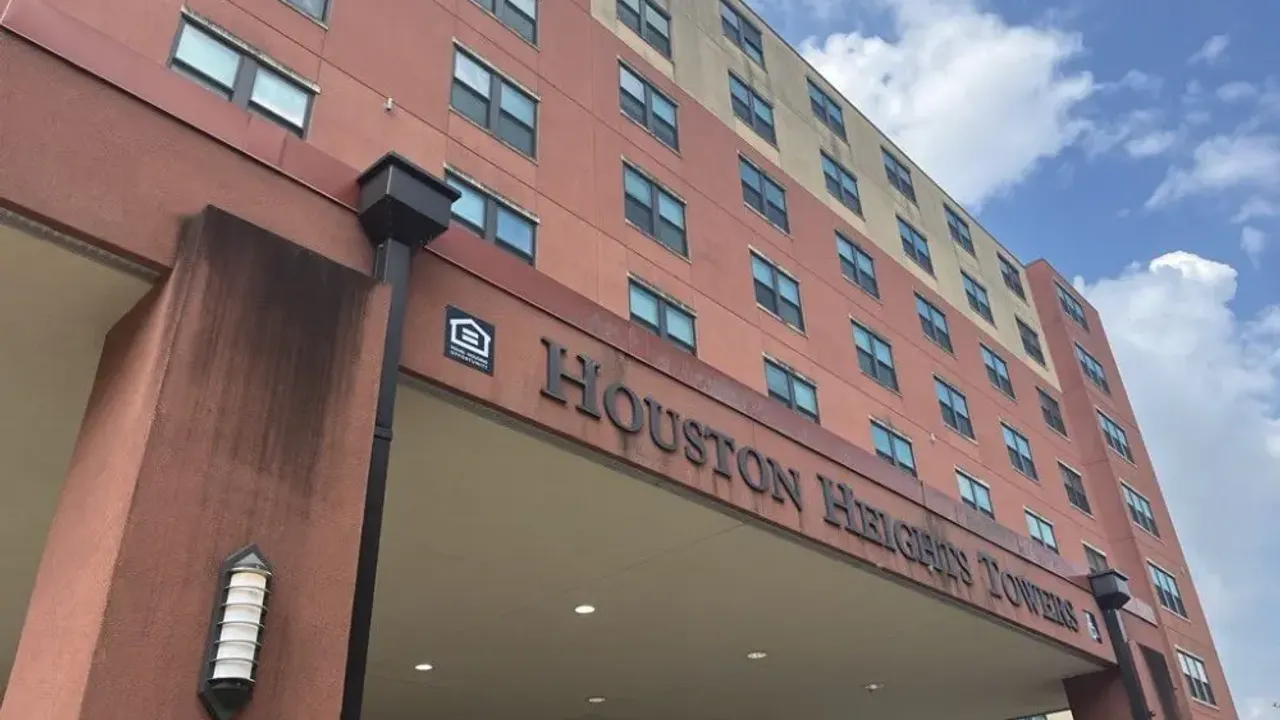The recent storms, a chaotic mix of pounding rain and howling winds, ripped through Houston, leaving a trail of destruction in their wake. Power lines snapped like tangled threads, plunging entire neighborhoods into darkness. But for many independent senior living facilities, the lack of electricity wasn't just an annoyance, it was a life-threatening situation.
These facilities, designed for independent living with minimal medical intervention, were not built to withstand prolonged power outages. Backup generators, when present, were often insufficient or malfunctioning. Air conditioners, the only defense against the relentless heat, became useless hunks of metal.
Inside these facilities, a scene of quiet desperation unfolded. Elderly residents, many with underlying health conditions, found themselves trapped in stifling apartments. Fans, once a source of gentle comfort, offered little respite in the face of the oppressive heat. Medications requiring refrigeration spoiled, their effectiveness compromised. Fear and anxiety, as palpable as the thick, humid air, clouded the residents' minds.
Frantic calls were made to overwhelmed emergency services. But with the city grappling with widespread outages and a surge in heat-related illnesses, response times were agonizingly slow. The limited staff at these facilities, often overworked and underpaid, became makeshift heroes, scrambling to offer comfort and solace. Cold towels became precious commodities, ice packs a desperate attempt to stave off the rising tide of heatstroke.
The news media, flooded with images of sweltering seniors and overwhelmed facilities, painted a grim picture of a city ill-prepared to protect its most vulnerable citizens. Fingers were pointed, blame apportioned: at facility management, at regulatory bodies, at the city itself for failing to prioritize the safety of its elder population.
This crisis exposes a truth about independent senior living facilities – a truth often obscured by rosy marketing brochures and promises of independence. While these facilities offer a desirable option for some seniors, their limitations in the face of emergencies raise troubling questions. Are they truly equipped to handle the unpredictable nature of weather events? Do they prioritize resident safety above profit margins? Are there adequate regulations in place to ensure basic necessities like backup power and functioning air conditioning?
The scorching ordeal endured by Houston's seniors is a stark wake-up call. It demands a comprehensive review of independent senior living facilities, their infrastructure, and their preparedness for emergencies. It necessitates stricter regulations that prioritize the safety and well-being of residents.
As the sun begins to dip below the horizon, casting long shadows across a city still recovering, a heavy question lingers in the air: will this brutal betrayal of Houston's seniors serve as a catalyst for change, or will it fade into another forgotten news story, leaving these vulnerable citizens at the mercy of the next storm? The answer, much like the fate of Houston's senior population, hangs precariously in the balance.
















